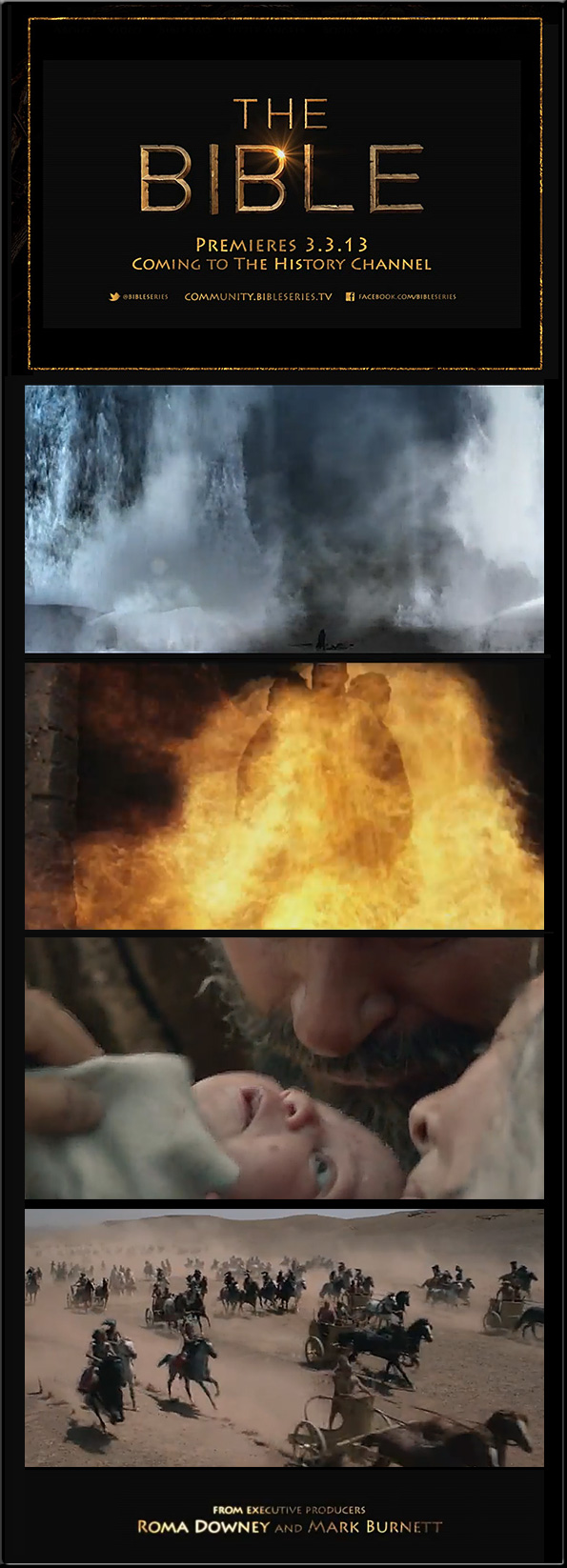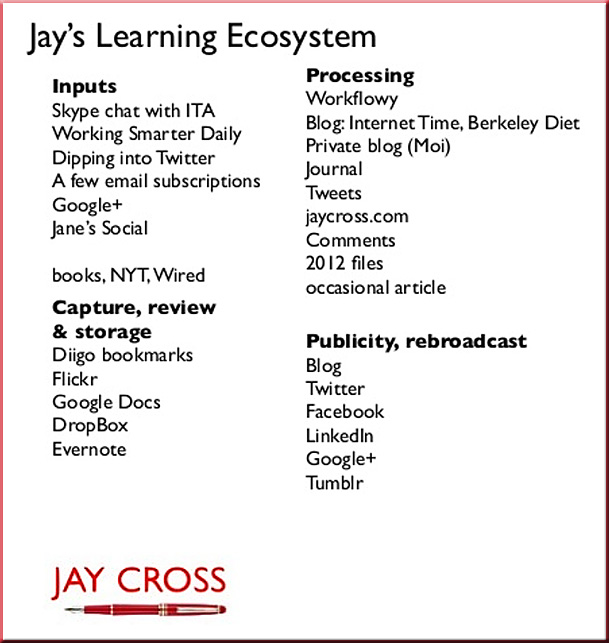As for God, his way is perfect:
The Lord’s word is flawless;
he shields all who take refuge in him.
This is how God showed his love among us: He sent his one and only Son into the world that we might live through him.
Landscape photography: 10 beautiful examples — from creativebloq.com
Example:

On a Yellow Stripe Road by Vincent Piotrowski
From DSC:
This beautiful picture brings some scripture — Genesis 9:12-16 — to my mind:
12 And God said, “This is the sign of the covenant I am making between me and you and every living creature with you, a covenant for all generations to come: 13 I have set my rainbow in the clouds, and it will be the sign of the covenant between me and the earth. 14 Whenever I bring clouds over the earth and the rainbow appears in the clouds, 15 I will remember my covenant between me and you and all living creatures of every kind. Never again will the waters become a flood to destroy all life. 16 Whenever the rainbow appears in the clouds, I will see it and remember the everlasting covenant between God and all living creatures of every kind on the earth.”
A psalm. For giving grateful praise.
1 Shout for joy to the Lord, all the earth.
2 Worship the Lord with gladness;
come before him with joyful songs.
3 Know that the Lord is God.
It is he who made us, and we are his;
we are his people, the sheep of his pasture.
4 Enter his gates with thanksgiving
and his courts with praise;
give thanks to him and praise his name.
5 For the Lord is good and his love endures forever;
his faithfulness continues through all generations.
Engaging students in a habit of gratitude — from facultyfocus.com by Deborah Miller Fox
Excerpt:
I teach at a private Christian liberal arts university, so I enjoy a freedom to integrate my faith with my teaching, a freedom that many of my colleagues at secular institutions do not enjoy, no matter what religious faith they may practice. This freedom prompted me to address an attitude that I see as an impediment for anyone who wishes to learn, whether that person is 18 or 80: entitlement. Many of my students, though certainly not all, come into college from a life of relative comfort and prosperity. Very few of them have even witnessed, let alone experienced, the kind of demeaning, debilitating poverty that starves the life and kills the spirit of millions of people around the world.
I have come to believe that prosperity is its own kind of impairment. In an effort to address the sense of entitlement that prosperity and comfort breed, I decided to call my students into a posture of humility. Inspired by Ann Voskamp’s book, 1000 Gifts, I started a list on the first day of the semester and invited all of the students in all of my classes to contribute expressions of gratitude to this list every time we meet. I arrive early enough to open the Word file and project it on the screen in the classroom, and then I start our class sessions with this question, “For what are you grateful today?”
Per YouVersion:
The Bible series, from television’s top husband-and-wife team Roma Downey and Mark Burnett, is the greatest visualization of the Bible we’ve ever seen. From Genesis to Revelation, this five-part series combines a powerful collection of stories with live action and truly amazing CGI.
We’re thrilled that the Bible App has been named the official app of The Bible series.
The education of corporate America — from huffingtonpost.com by Brian Mitchell
Excerpt (emphasis DSC):
The first step in the negotiated settlement may be for America’s business leadership to hold out the olive branch by word and action. So many of them sit on college boards of trustees and advisory councils that business leaders should be perfectly positioned to seek common ground. Many of them already live in both worlds. They now need to connect the dots.
These business leaders can speak not only to the number of engineers needed but also the types of skills needed to attract successful engineers. To meet their workforce needs, America’s business leadership should be the most articulate about the value of the education that they received, whether at public or independent colleges and universities. After all, business leaders are where they are today in large part because of what they learned and who they became in their formative years in college.
…
If there is to be a new American education agenda, America’s business leadership must step forward to work with higher education to prepare a well-educated workforce. Its foundation is the liberal arts. Its pathway is access to higher education. And its future will determine where the American economy — and American society — will stand by the middle of the 21st century.
Mark 9:35 (NIV) — from biblegateway.com
Very different from the ways/teachings of the world…
Day 15: Ideas for an Online Chapel — from Janine Lim
Excerpt:
Andrews University is a Christian school; and therefore faith integration in online learning is an important value and task. Among other statements, the Andrews University Mission Statement includes this: Andrews University students will seek knowledge as they understand life, learning, and civic responsibility from a Christian point of view. How this is done makes for interesting discussion and research. There are certainly many viewpoints on the best way to integrate faith and learning; as well as different views on what it really means.
In my view, though, the core is how an instructor’s whole being as a person of faith is evidenced in the teaching and learning process. The evidence may come in instructor-student interaction, in discussion on how the Christian worldview intersects with the content knowledge, in how students are viewed and treated as whole persons made in the image of God, in the instructor’s teaching presence.
Per Jim Bradley (Mathematics, Emeritus) at Calvin College:
Francis Su is a Christian teaching at Harvey Mudd, a secular liberal arts college. He was recently selected to receive the Haimo Award*, one of the mathematics community’s highest teaching honors. Receiving the award entails giving an address at the annual math association meeting, going on now in San Diego. In writing his talk, Francis asked himself, “What does the gospel have to say to this large, mostly secular group of mathematicians?” He answered, “Grace.” Here’s a link to a written copy of his talk. I think it’s quite an inspiring and enjoyable set of reflections on teaching by an obviously great teacher.
http://www.facebook.com/notes/francis-su/the-lesson-of-grace-in-teaching/10151372450043217
(From DSC: Facebook deleted the above original posting by Franic Su — not sure why)
Per Francis’ new blog:
After giving this talk, I had so many requests for the text that I
shared it on Facebook. But Facebook deleted it.
So I created a blog just for this. I hope you find it helpful.
It was the hardest thing I ever had to write:
because it is deeply personal, truly me,
and about my biggest life lesson… given at a
conference in front of hundreds of people who,
I’m sure, struggle with the same things that I do.
The Lesson of Grace in Teaching
From weakness to wholeness, the struggle and the hope
Francis Edward Su
MAA Haimo Teaching Award Lecture
Joint Math Meetings, January 11, 2013
An audio file is available: bit.ly/W4gyD0.
Excerpt:
Knowing my new advisor had grace for me meant that he could give me honest feedback on my dissertation work, even if it was hard to do, without completely destroying my identity. Because, as I was learning, my worthiness does NOT come from my accomplishments. I call this
The Lesson of GRACE:
- Your accomplishments are NOT what make you a worthy human being.
- You learn this lesson when someone shows you GRACE: good things you didn’t earn or deserve, but you’re getting them anyway.
I have to learn this lesson over and over again.
You can have worthiness apart from your performance.
You can have dignity independent of achievements.
Your identity does not have to be rooted in accomplishments.
You can be loved for who you are, not for what you’ve done—somebody just has to show you grace.
From DSC:
Powerful messages…often times, it’s hard for me to get my arms around the lessons/messages that Francis addressed — especially seeing as we live in a world that constantly measures us by our performance, our achievements, and/or our productivity.
* From The Deborah and Franklin Tepper Haimo Award for Distinguished College or University Teaching of Mathematics web page:
In 1991, the Mathematical Association of America instituted Awards for Distinguished College or University Teaching of Mathematics in order to honor college or university teachers who have been widely recognized as extraordinarily successful and whose teaching effectiveness has been shown to have had influence beyond their own institutions. In 1993, the MAA Board of Governors renamed the award to honor Deborah and Franklin Tepper Haimo.
List of Recipients
2013
Matthias Beck, San Francisco State University
Margaret Robinson, Mount Holyoke College
Francis Edward Su, Harvey Mudd College
“Let all that I am praise the Lord; may I never forget the good things He does for me. He forgives all my sins and heals all my diseases. He redeems me from death and crowns me with love and tender mercies. He fills my life with good things. My youth is renewed like the eagle’s!”
— from YouVersion.com
From DSC:
Thanks LORD for your grace, your patience with me, your forgiveness of my many shortcomings/faults/failures, for your help and refuge, …the list could go on and on. So I’ll just say, “Thanks LORD” and grant me the same courage, generosity, and purity of heart that this widow had.











